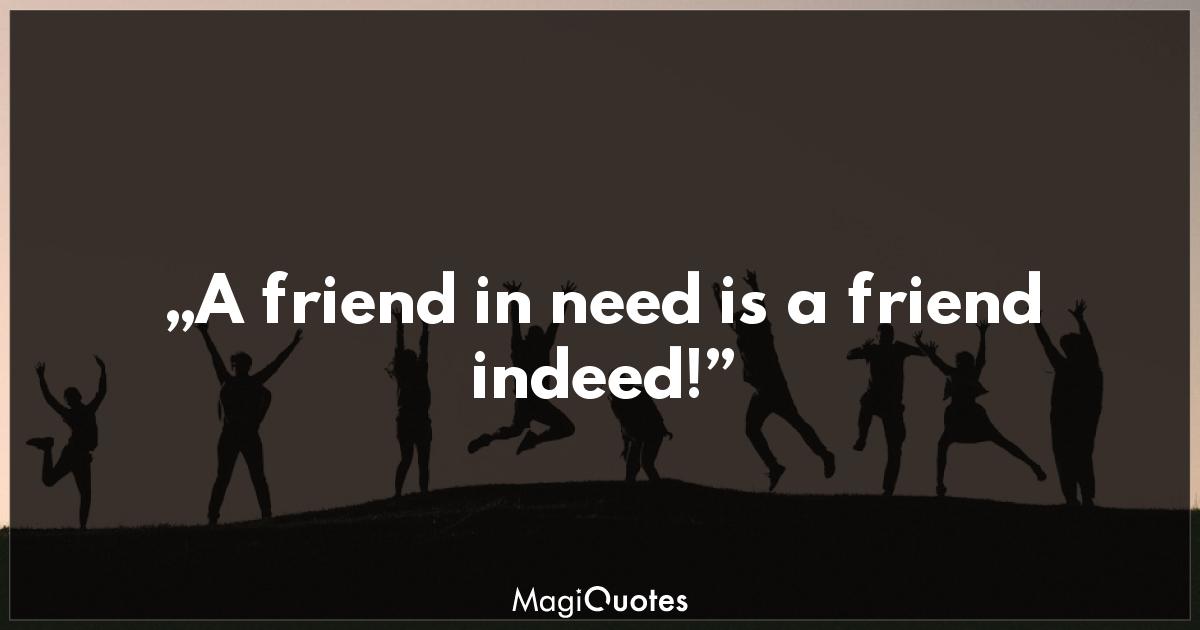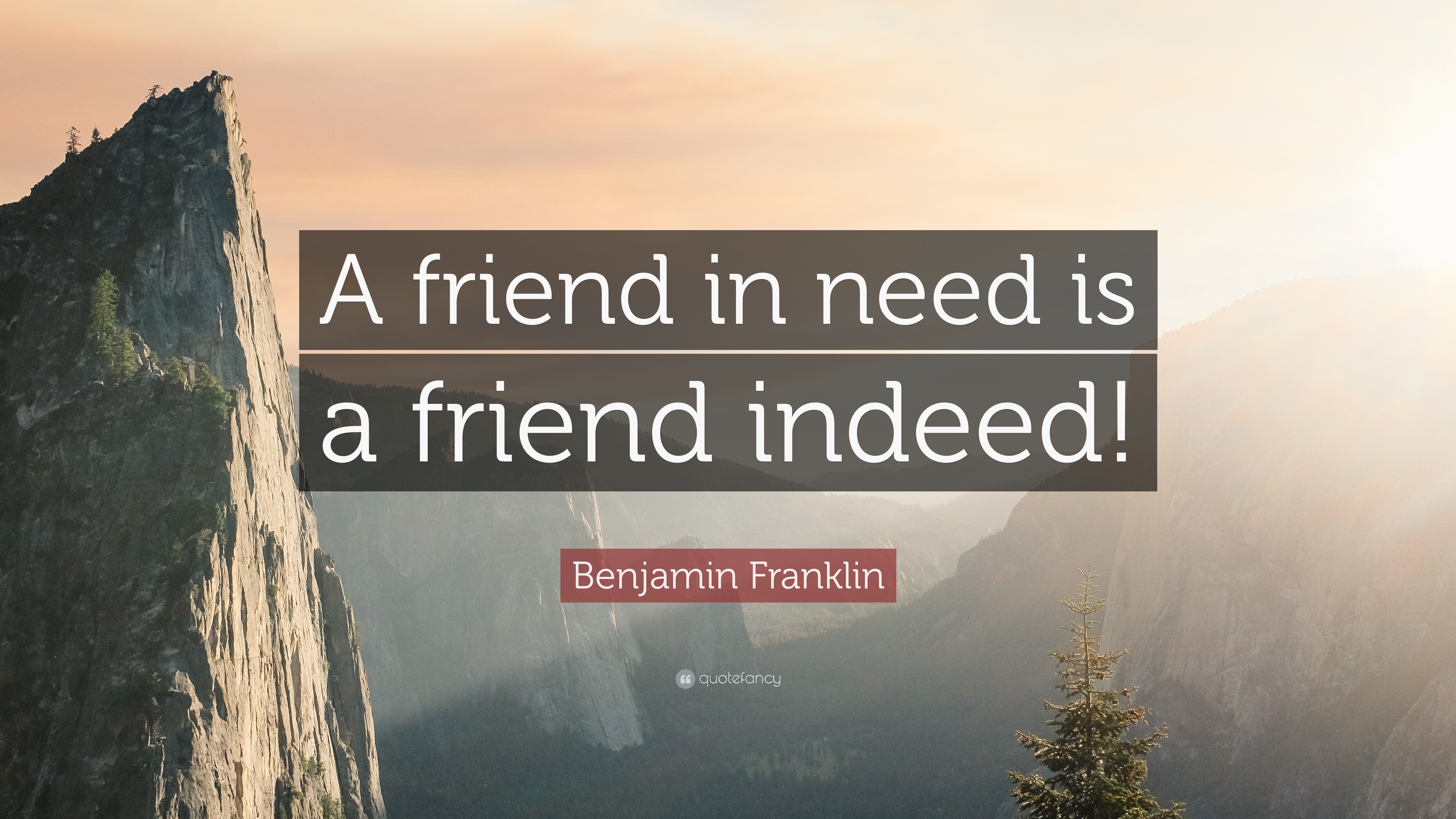Good friend in want is a good friend. This easy adage encapsulates a profound fact about human connection, highlighting the significance of help and loyalty throughout difficult instances. Navigating life’s inevitable ups and downs typically reveals the power of our bonds, demonstrating how a real good friend rises to the event. Understanding this dynamic may be transformative, impacting how we strategy friendships and relationships.
A real good friend, a ‘good friend in want,’ is greater than only a supportive presence; they are a power to reckon with. Their unwavering loyalty and help throughout difficult instances, when going through the complexities of life’s force to reckon with , demonstrates a bond constructed on belief and shared experiences. This enduring friendship is a testomony to the saying, ‘a good friend in want is a good friend certainly.’
This dialogue explores the multifaceted nature of this precept, inspecting the way it performs out in varied situations. We’ll delve into the precise methods wherein a good friend in want demonstrates their help, and the corresponding worth they derive from that help. In the end, the exploration goals to underscore the significance of cultivating real friendships constructed on mutual belief and help.
A real good friend, like a well-made guide, is invaluable. Simply as a good friend in want is a good friend certainly, understanding the variations between guide codecs, like paperback and hardcover, may be essential for the precise studying expertise. Understanding the distinction between these codecs is vital, whether or not you are looking for a sturdy, long-lasting guide or a transportable, inexpensive choice. In the end, a good friend in want is a good friend certainly, regardless of the format.
what is the difference between paperback and hardcover may help you make the only option.
The adage “a good friend in want is a good friend certainly” speaks volumes in regards to the significance of supportive relationships. It highlights the essential function of real friendship in navigating life’s challenges. This text delves into the multifaceted nature of this adage, exploring its historic context, the psychological advantages of supportive friendships, and sensible methods for fostering significant connections.
Understanding the Historic Context
The idea of mutual help has deep roots in human historical past. From historical civilizations to fashionable societies, the necessity for companionship and help has been a relentless thread. Early communities relied on collective help to beat hardship, emphasizing the worth of reciprocal help. This foundational precept is echoed in quite a few proverbs and cultural traditions throughout the globe.
The Psychology of Assist and Friendship
Trendy psychology additional illuminates the significance of this adage. Sturdy social connections are demonstrably linked to improved psychological and bodily well-being. Research present that people with strong social networks expertise decrease stress ranges, enhanced resilience, and a larger sense of belonging. The act of providing and receiving help fosters a way of group and shared humanity.
The Energy of Shared Experiences
Shared experiences, whether or not joyous or difficult, can strengthen bonds. These experiences forge reminiscences and create a way of shared historical past, deepening the connection between pals. Whether or not it is celebrating a milestone or weathering a storm collectively, these moments solidify the inspiration of belief and mutual understanding.
The adage “a good friend in want is a good friend certainly” holds true throughout cultures and time. Understanding the historic context behind phrases like “the worm has turned,” the worm has turned origin , is essential to appreciating the enduring energy of human connections. In the end, loyalty and help stay important, reflecting the core fact {that a} good friend in want is a good friend certainly.
The Significance of Emotional Assist
Emotional help is commonly missed however performs a significant function in a supportive friendship. Listening actively, providing empathy, and validating emotions are essential elements of this type of help. A good friend who can present a protected area for emotional expression can considerably influence a person’s well-being.

Sensible Methods for Fostering Real Connections: Good friend In Want Is A Good friend
Past the theoretical understanding, sensible methods are key to nurturing friendships constructed on mutual help. Being current, speaking brazenly, and providing real help are cornerstones of a supportive relationship. Actively listening to a good friend’s considerations and providing considerate recommendation, even when it is difficult, can foster a powerful sense of belief and mutual respect.
Constructing Belief By Consistency, Good friend in want is a good friend
Belief is the bedrock of any robust relationship. Consistency in actions and phrases builds belief. Displaying up for a good friend after they want you, conserving guarantees, and demonstrating reliability are important elements of cultivating a reliable friendship.
The Function of Lively Listening
Lively listening is extra than simply listening to phrases; it is about actually understanding a good friend’s perspective. Placing apart private biases and specializing in comprehending the feelings behind the phrases is a key aspect of robust communication. Asking clarifying questions and exhibiting real curiosity in what your good friend is saying can foster deeper connections.
The Significance of Giving and Receiving
A real “good friend in want” is not nearly receiving help; it is also about providing help. A reciprocal alternate of help strengthens the bond between pals. Giving and receiving help in a balanced approach nurtures a wholesome and sustainable friendship.
Whereas “a good friend in want is a good friend” holds true, it is essential to acknowledge when somebody’s actions, like these highlighted on the pendejo of the day web page, contradict that very precept. In the end, true friendship is constructed on mutual help and understanding, and a real need to assist one another by means of robust instances.
The Influence of Vulnerability
Vulnerability is a vital aspect of deep connections. Being open and trustworthy about one’s wants and vulnerabilities fosters belief and intimacy. Sharing private experiences and struggles can create an area for deeper understanding and empathy.
Conclusion
The adage “a good friend in want is a good friend certainly” encapsulates the essence of supportive relationships. It highlights the important function of real connections in navigating life’s challenges and the profound influence that providing and receiving help can have on particular person well-being. By understanding the historic context, psychological advantages, and sensible methods for fostering these connections, we are able to domesticate significant and lasting friendships.
[See also: The Psychology of Friendship and its Impact on Mental Health]
[Image: A graphic illustrating the reciprocal nature of support in a friendship]
Name to Motion: Mirror by yourself friendships and think about how one can nurture help and connection. Share your ideas and experiences within the feedback under. [See also: Tips for Strengthening Your Social Circles]
Whereas the adage “a good friend in want is a good friend certainly” holds true, typically we discover ourselves analyzing previous selections with the good thing about hindsight, like a Monday morning quarterback. This tendency to critique previous actions, significantly in hindsight, is a typical human expertise. The meaning of monday morning quarterback highlights how straightforward it’s to guage after we’re not within the thick of the scenario.
In the end, true friendship is about help, not post-event criticism, and that, in the long run, is the core precept of “a good friend in want.”
In conclusion, the saying “good friend in want is a good friend” holds vital weight in navigating the complexities of human relationships. It emphasizes the enduring worth of real connection and help throughout life’s trials. By understanding and making use of this precept, we are able to foster deeper, extra significant relationships that endure by means of thick and skinny. In the end, nurturing these connections enriches our lives and empowers us to navigate life’s journey with larger resilience and confidence.
Questions Usually Requested
What are the precise methods a good friend in want demonstrates help?
A good friend in want demonstrates help by means of energetic listening, providing sensible assist, offering emotional consolation, and celebrating milestones, even throughout setbacks. They perceive the significance of empathy and provide phrases of encouragement, alongside tangible help if wanted.

How does receiving help influence an individual in want?
Receiving help from a good friend in want can considerably cut back emotions of isolation and stress. It bolsters shallowness and supplies a way of safety and belonging. This help fosters a way of belief and reliance, strengthening the bond between pals.
Are you able to present examples of conditions the place this precept applies?
Examples embrace providing a serving to hand throughout a job loss, offering emotional help throughout a household disaster, lending a listening ear throughout private struggles, or celebrating successes even in periods of problem. The conditions are numerous however the precept stays constant.
How can we domesticate friendships constructed on this precept?
Cultivating such friendships entails actively listening to and understanding the wants of your mates, being there for them throughout tough instances, and expressing real care and concern. It additionally entails being prepared to reciprocate help when wanted. In the end, it is about constant effort and real concern for the well-being of others.

